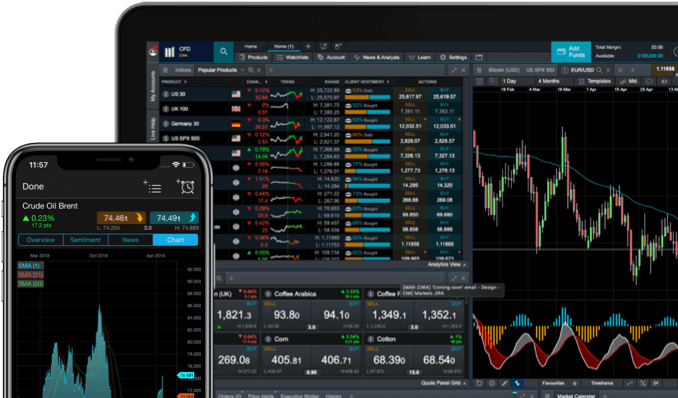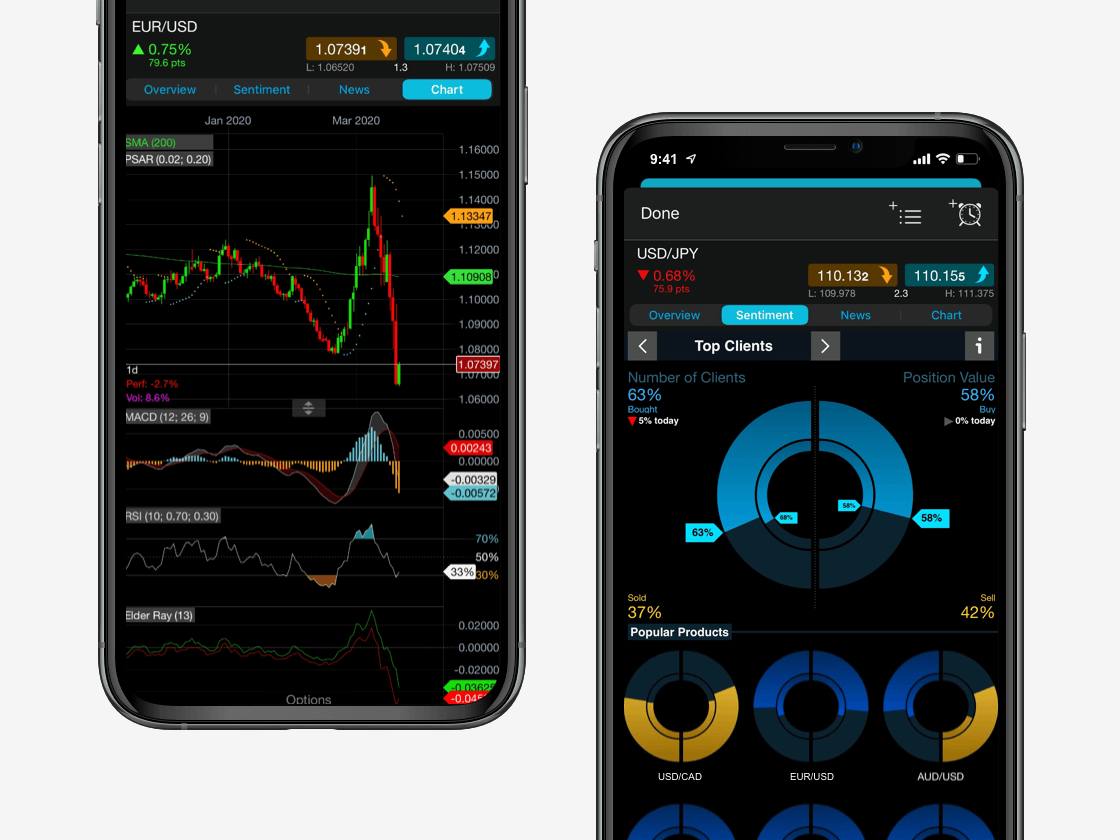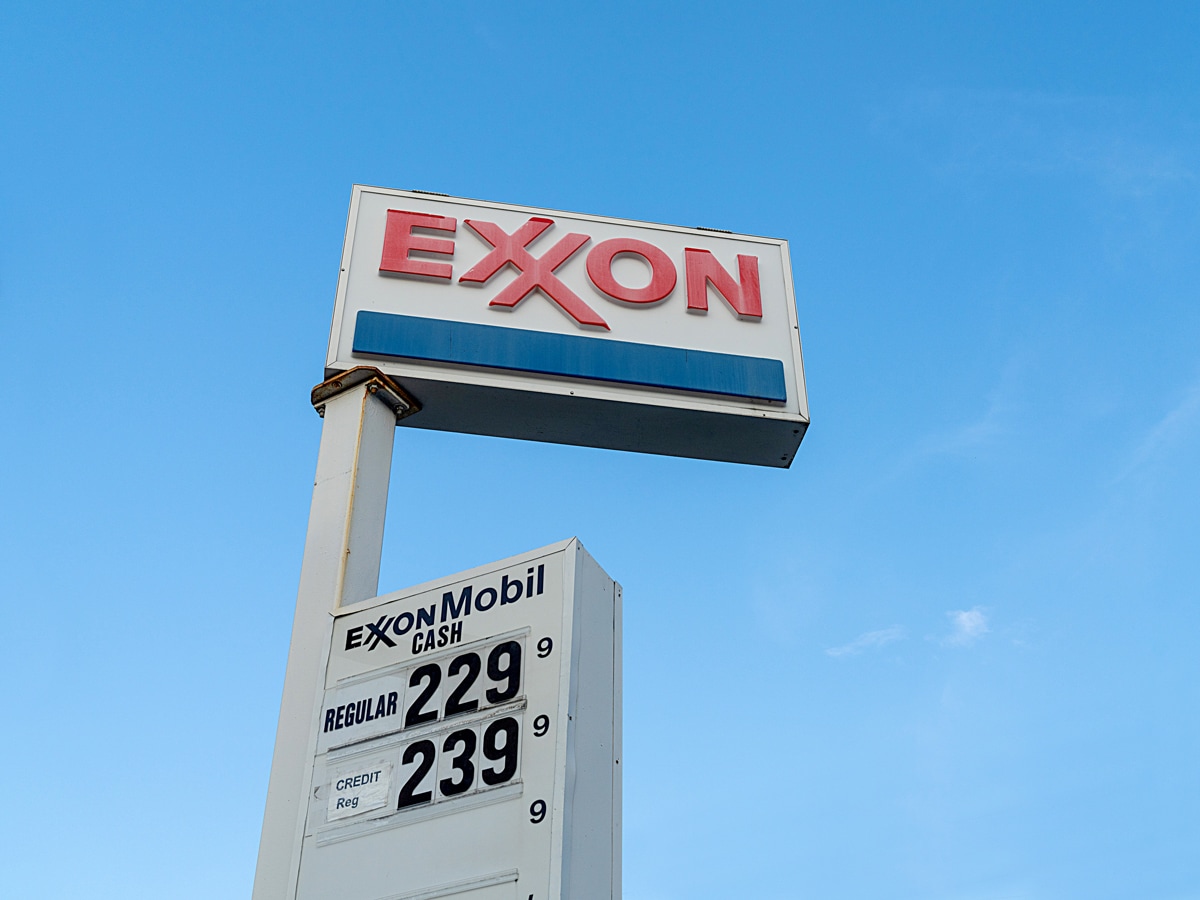There are a number of external factors that can have a major impact on the price of oil stocks, which are explained in detail below.
Supply and demand are the main drivers of oil and gas prices. When there is a higher demand for oil, its price will usually increase, while it may fall if there is a higher supply.
Costs of the exploration and extraction of oil. This can be an expensive process and major oil companies tend to invest in new operations and projects on a regular basis. It is important to keep costs low, otherwise they may supersede the company’s profits.
Production and reserves can shape the value of a company. Oil production is often measured in barrels of oil equivalent (BOE) and the company should have decent reserves if it wants to continue distributing to other regions over the long-term.
Volatility from disagreements regarding production levels between OPEC and non-OPEC countries. An example is the 2020 Russia-Saudi Arabia oil war, where Brent crude oil prices fell to a 17-year low of under $26 per barrel. Another example is from 2014 when OPEC shifted its production policy to undercut US shale oil producers, which, in turn, crashed the oil price.
Cash flows need to be relatively stable to balance out its other production costs. If a company consistently uses debt to pay for its operations, this may lower its value and investors may see it as having less strong company fundamentals.
Natural disasters such as changing climate conditions and health crises. An example is the Covid-19 pandemic, which contributed to the drastic drop in oil prices in March 2020.
Geopolitics can influence the price of oil, with any rising tensions in the middle east (which is the main region exporting oil) or expectations of a conflict in the region potentially having an impact on the price of oil.



















